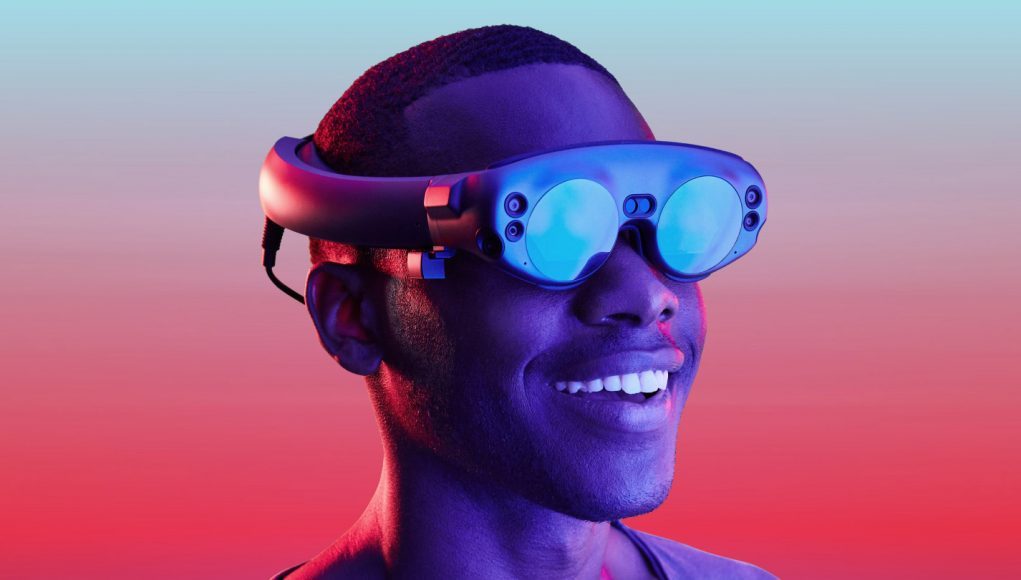At Magic Leap’s developer conference last month, the company announced they were ready to throw down serious cash to developers to build apps for their new AR headset, Magic Leap One. Now, the company has unveiled the specifics of the Independent Creator Program, which aims to give individual developers and teams up to $500,000 in grant money to start their ML One projects.
Update (November 15th, 2:50 PM ET): According to a Variety report, Magic Leap chief content officer Rio Caraeff says the grant fund is projected to be an “eight-figure program.”
There’s no clear ceiling on how much Magic Leap has earmarked for the development fund (see update), but it’s safe to say it’s pretty high considering the company is offering between $20,000 and $500,000 per project to populate their content store.
This, the company says on the program’s site, comes along with developer and marketing support, and also a Magic Leap One headset itself.

The company underlines the fact that the program is a grant, and not an exclusivity deal. “You own your IP and publishing is not exclusive to Magic Leap,” the company writes.
Applications are now open starting today and continue until December 15th, 2018. The review process and resultant funding will be offered on an ongoing basis through February 15th, 2019. The company says once developers have built, submitted and launched their apps that the best experiences will be showcased at L.E.A.P. Conference in 2019.
Magic Leap hasn’t been bashful about funding content thus far in terms of dollars spent, although up until now they’ve only worked with premium developers including Weta Workshop, Insomniac Games, Rovio, the NBA, and a number of enterprise-focused developers including SketchUp, Wacom, and Onshape.
This marks the company’s first big push to fill out their content store for a future consumer launch—when that will happen, we just can’t say.







